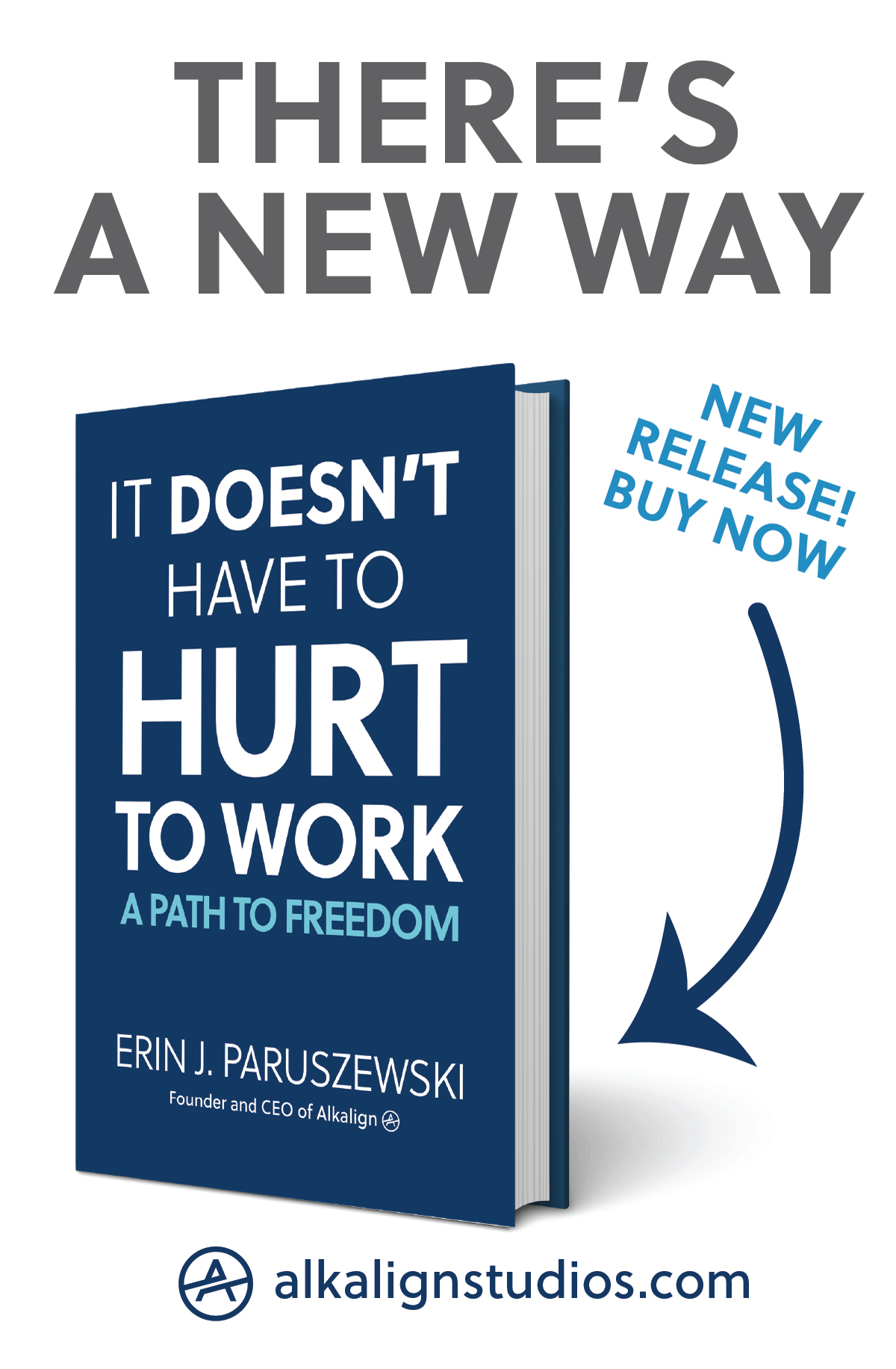This being my first attempt to write a blog, I realized (with help of course from the blog gurus) that I had written more of a research paper. I had researched a topic that had impacted me over the past few months. RUMINATION. I had no idea what rumination was nor its impacts. As a fitness instructor, I am constantly putting myself out there to receive feedback from clients, peers and bosses. Feedback is delivered in many forms such as; non-verbal, body language, facial expression and verbal. After I delivered a class that I felt was less than stellar, I received feedback loud and clear in all the ways I listed above and it was spot on.
We are also our own worst critics and I was in this case. I wasn’t sure how to implement the feedback I had received nor how to deal with my inner critic that was beating me down. I began to dwell on all the things I could’ve, would’ve and should’ve done, which is when I believe “negative thinking became a hazard to my health”.
While researching ways to digest and integrate feedback, I found out that I was ruminating. This is when we stew about a negative experience. This tends to send us into a spiral of negativity, and reaffirming thoughts of things we think we could’ve done to change the outcome. I was struggling to find the “notice, learn and move on” skillset that I normally use. The same area of the brain that controls our emotions can’t discern reality versus the hypothetical experiences taking us back to the negative thought over and over again.
The area of your brain (amygdala) that controls your emotions, emotional behavior, and motivation, looks for the negatives, which get stored quickly, versus positives which take up to twelve seconds to make it to your memory. Did you know that your amygdala uses ⅔ of its neurons to look for bad news?! Rick Hanson, Ph.D., a neuropsychologist, founder of the Wellspring Institute for Neuroscience and Contemplative Wisdom, states, “humans are evolutionarily wired with a negativity bias”.
Our brains react to negative stimuli much faster than positive. An example of this is that people can identify an angry face faster than happy one. This is due to the fight or flight response mechanism within each of us.
There is also a chemical released in the brain that contributed to the negativity I was feeling. While we go through the process of digesting these negative thoughts, our brain releases a stress hormone called cortisol. The more cortisol that is released to deal with our stress and negative thoughts, the harder it is to rebuild new positive memories. After all the research and reading, I realized I didn’t want to live in the past trying to figure out how to undo what happened. Instead, I decided to “notice, learn and move on” or better yet, “live present, be forward”.
The good news is, you can control your tendency to get stuck in the negativity junk or spin your wheels in the mud. I used a number of the following tools to assist with changing my attitude and turning negative thinking to positive.
Ways to Deal with Negative Thinking:
+ Notice if you’re stuck in the mud.
+ Set aside time to ruminate. Don’t allow rumination to take over your time. Allot time to ruminate and decide if the situation deserves any more of your time.
+ Ask yourself is there a problem to solve. If yes, set a goal to fix it, if not, move on, it’s not worth any more of your time.
+ Ensure you set goals you can achieve. If your rumination is built on something that has happened in the past, change your thoughts to something that is positive in the moment. Redirect your attention. Set goals you can achieve.
+ You may not always agree or have to accept the current reality. However, you can accept the experience, learn from it, and move on.
+ Work out on a regular basis to send happy endorphins through your body to counteract negativity.
+ Recharge class or a massage will allow you to control your breath and tap into your parasympathetic nervous system allowing you to reduce stress.
+ Meditation is useful for taking control of your breath, awareness and subsequent redirect.
+ Sleep! Get your 7-8 hours every night.
+ Redirect your attention. Crossword puzzles, sudoku, and adult coloring books can quiet your mind.
Take the time to notice how the experience/issue is affecting you, be aware if you are ruminating, then take steps to ensure you don’t get stuck. If you’d like to know more about rumination and/or it’s relationship to cortisol there are numerous studies to be Googled! “Don’t bring negative to my door”— Maya Angelou




